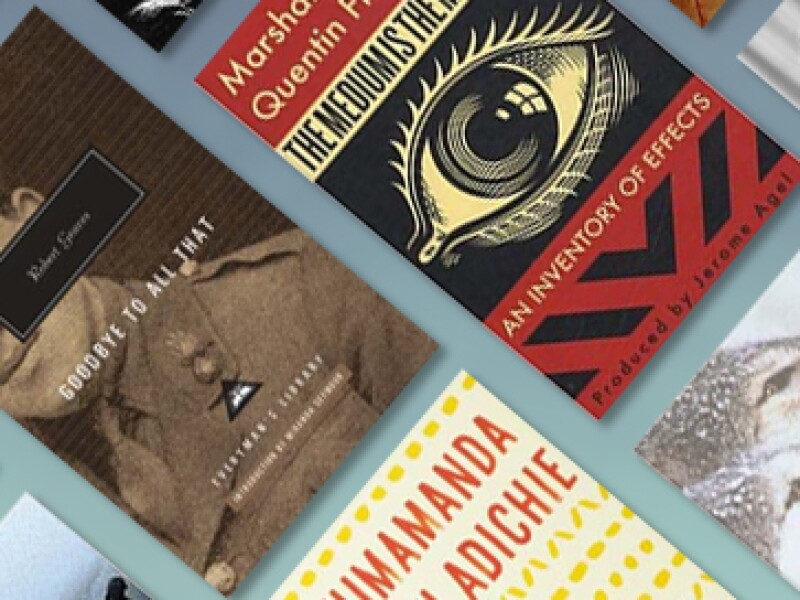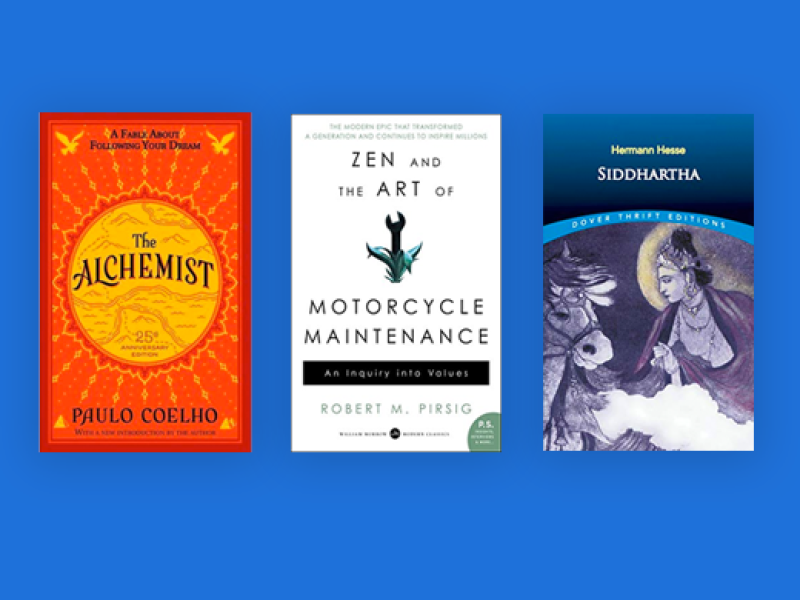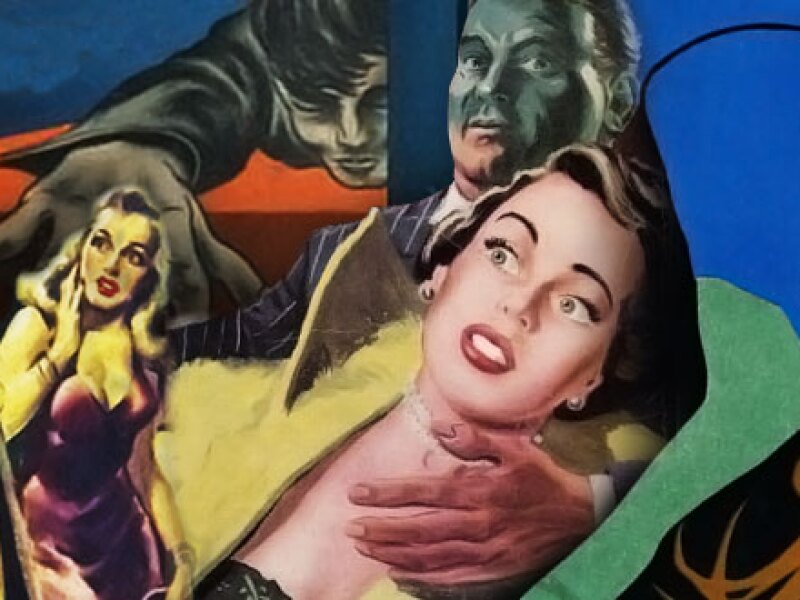It’s clear that when it comes to publishing, Penguin Books have the right idea and are on top of their game. Penguin always seems to keep the publishing world on its toes, bringing out more beautiful and unique books all the time. From the very beginning, when they set out to make books affordable and attractive, Penguin's finger has been on the pulse of the reader.
Pelican Books (not to be confused with the Pelican Publishing Company) is the non-fiction imprint of Penguin Books. While the Penguin umbrella may be best-known for fiction and for keen design, the Pelican imprint was brought about with an eye on education over entertainment. The move toward academia and the creation of the Pelican imprint along with it occurred in May 1937, two years after Penguin's founding.
The first title published under the Pelican name was George Bernard Shaw’s The Intelligent Woman’s Guide to Socialism, Capitalism, Sovietism & Fascism, in two volumes. It had originally been published in 1928 by Constable & Co. in New York, but was put out as a Pelican paperback in 1937. The early Pelican editions were highly recognisable and aligned with the now iconic vintage Penguin paperback design.
There were thousands of titles published under the Pelican name over nearly 50 years. The series tackled everything from political uprisings and scientific exploration to religion across the globe and sociological practices and taboos. After a slow decline, Penguin eventually discontinued the imprint in the late 80s. Then on May 1st, 2014 Pelican books took flight for a second time with the release of five new titles. Still minimalist blue and boasting the Pelican logo, the new series is sure to satisfy today's collectors and Penguin aficionados.
Explore countless Pelican titles, old and new, written by experts on everything from architecture to gardening, politics to literature, mathematics to astronomy, and beyond.


